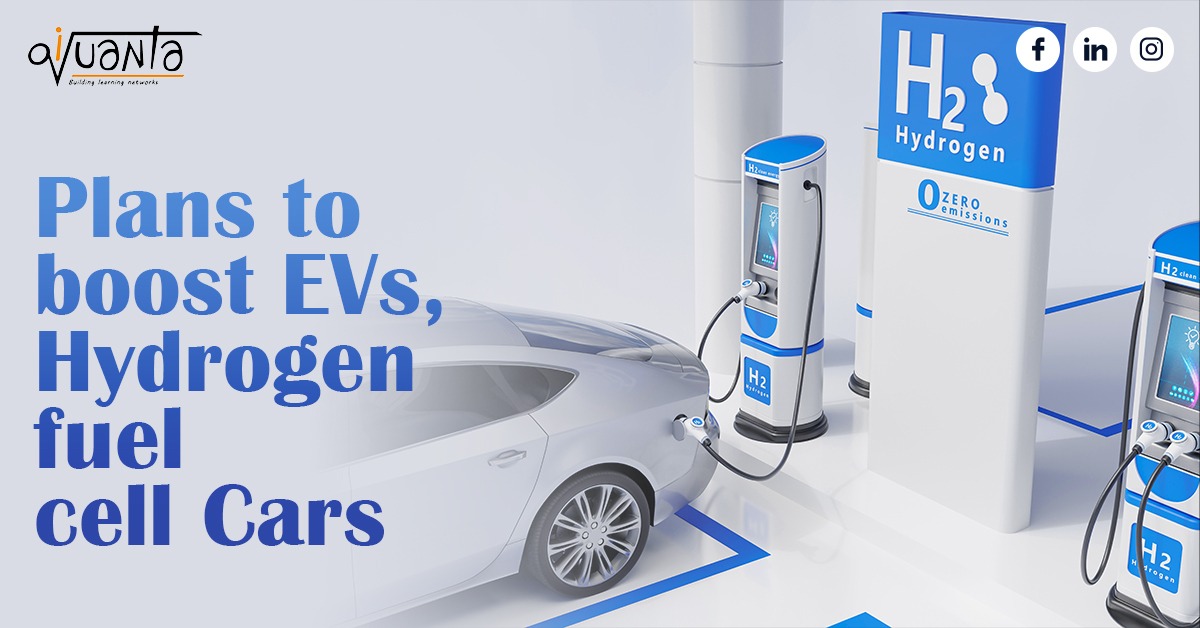India has revised its proposed $8 billion scheme for the auto sector which will now focus on incentivising companies to build electric and hydrogen fuel-powered vehicles.
The original plan of the Indian government was to incentivise auto and auto part makers to build gasoline vehicles and their components both for domestic consumption and exports. Now, there is a shift from this plan with the focus on giving certain benefits for electric vehicles.
One of the major automobile companies, Tesla, wants to enter India and is lobbying for lower import duties on electric cars. India charges one of the highest import duties across the world.
Tesla being a strong brand that too in the electric vehicle domain has been able to convince the government to think about this. Now while the government is considering this request, it wants some economic benefits in return and a commitment from Tesla that electric cars will be produced locally.
Under the new proposal, the government is giving incentives to automakers for building EVs and hydrogen fuel cell cars only thus moving away from the initial scheme.
The government has realized that electric vehicles are the future and there is no point in promoting the old technology. It is important to reduce carbon footprint and EVs will help in achieving that goal.
Auto parts makers will get incentives to produce components for clean cars as well as for investing in safety-related parts and other advanced technologies like sensors and radars used in connected cars, automatic transmission, cruise control and other electronics.
Mass adoption of IoT is the future and it is important to start investing in that. Soon, there will come a time when all devices will be connected with each other and can be monitored from one location.
The government wants to promote the development of technology that is currently not manufactured in India but is imported either because regulation demands it or customers want those features in their cars.
EVs make a fraction of total auto sales and there has been a lack of investment and low demand due to which it never got the attention it should.
Now the government is focused on adopting clean mobility so it can reduce its oil dependence and cut pollution, while also meeting its commitment under the Paris Climate Accord.
Tata Motors is currently the largest seller of electric cars in India with rival Mahindra & Mahindra as well as motor-bike companies TVS Motor and Hero MotoCorp building their EV plans.
However, India’s biggest carmaker, Maruti Suzuki, has no near-term plan to launch EVs as it does not see volumes or affordability for consumers.
The incentive scheme is part of India’s broader $27 billion programme to attract global manufacturers so it can boost domestic production and exports.
To structure your CAT online preparation in an efficient way consider joining iQuanta which is a top online cat coaching institute and being a part of the iQuanta CAT 22 Course.
You can also check out and be a part of their Facebook group for peer learning, doubt solving and free material.
For 24*7 doubts-solving, FREE guidance and counselling and peer to peer learning, join the CAT preparation Fb group below:




